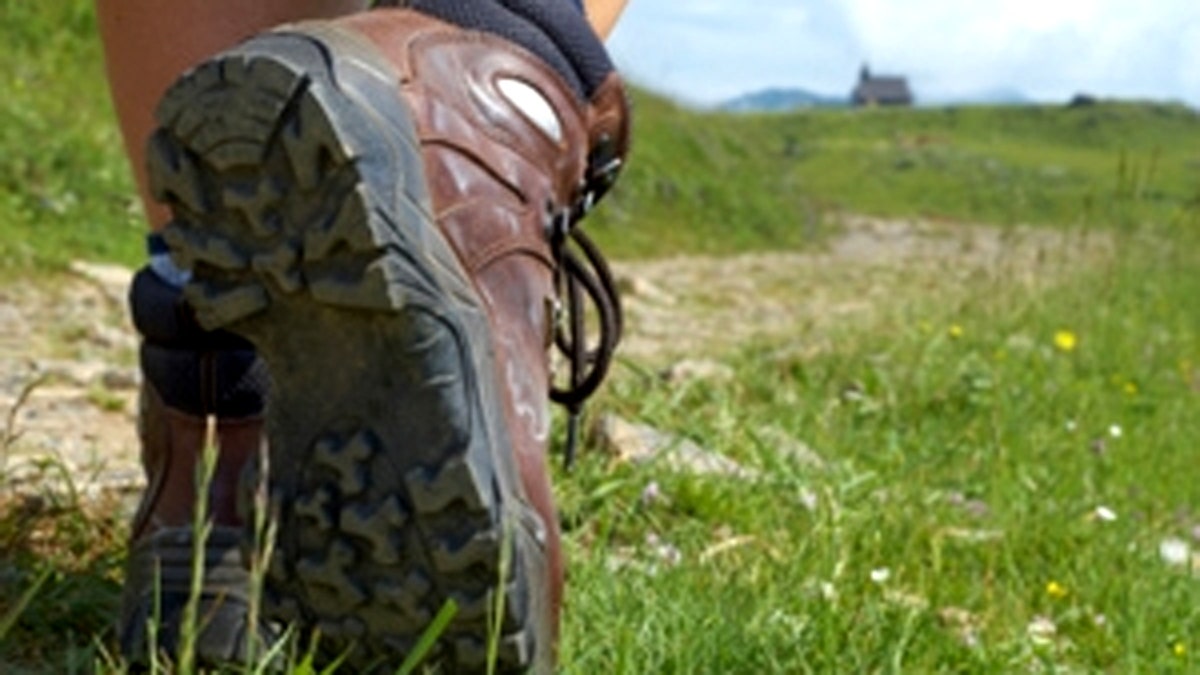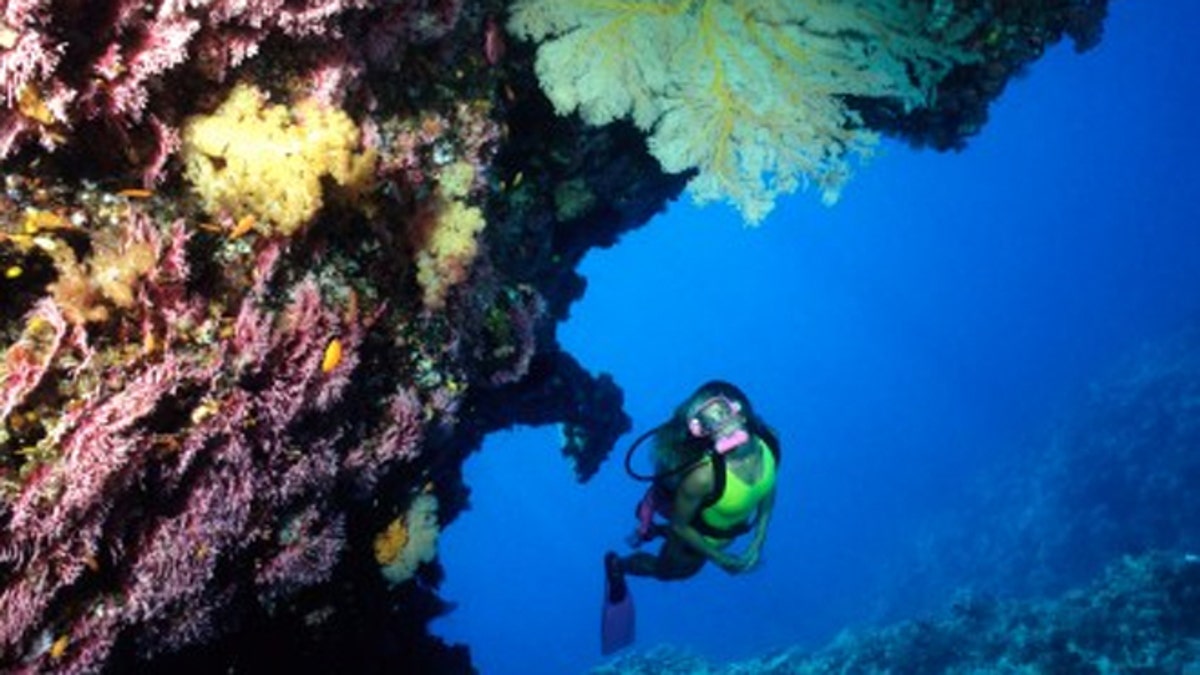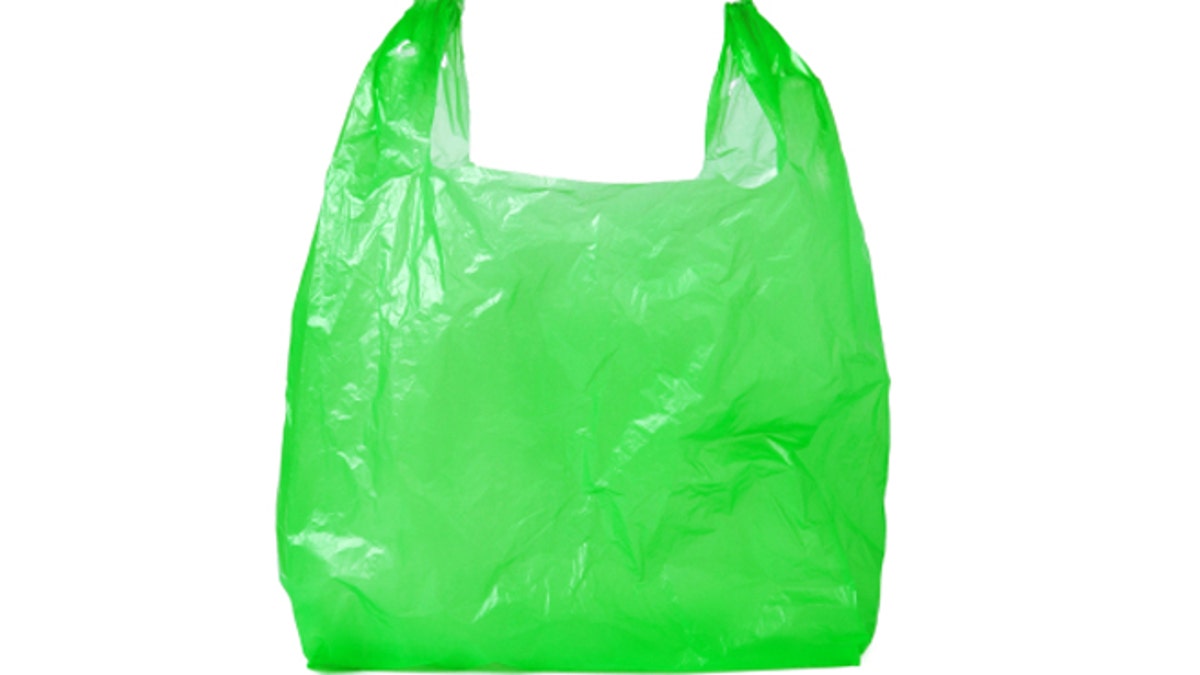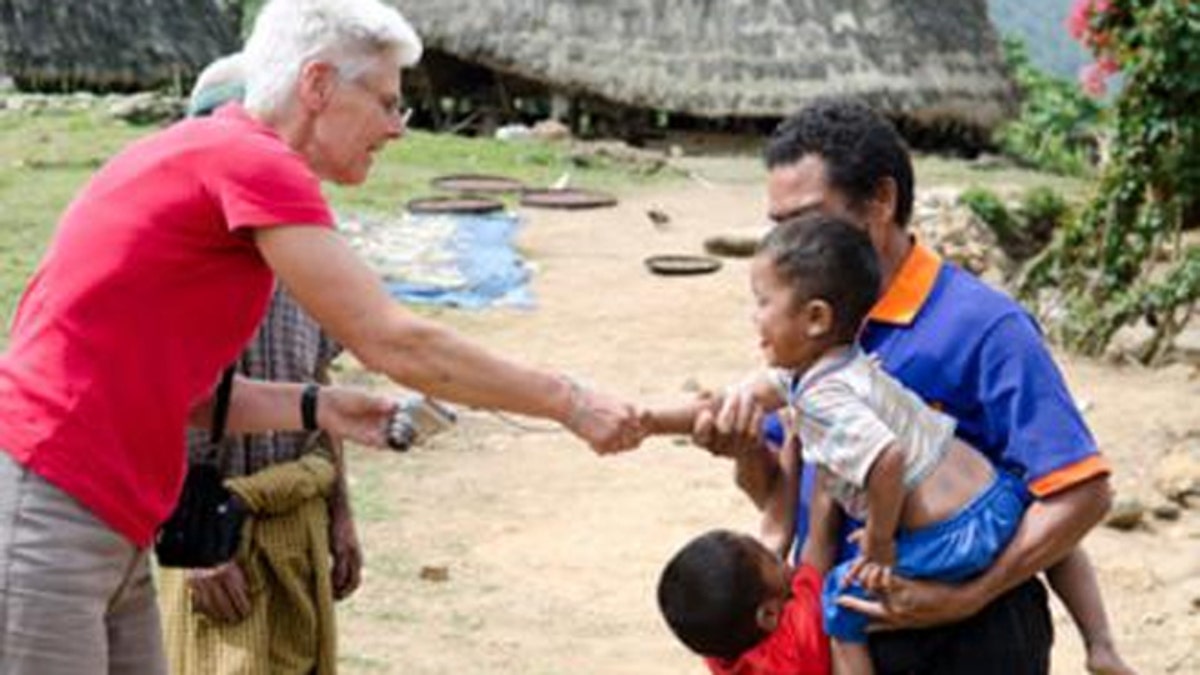We talked to staffers from World Wildlife Fund, who spend their days crisscrossing the globe in an effort to protect the planet’s wild places, to come up with a list of must-do conservation tips for every world traveler. Whether on a hike, safari or visiting a local village, there’s a takeaway for everyone.
1. Keep Your Boots Clean

(iStock)
"Keep your boots clean! Seeds, insect egg, and other living material can hitchhike on your boots and shoes as you explore the remarkable places on your trip. You may inadvertently carry these plants and critters to new locations, where they just might become invasive species that end up fouling the places we want to protect.”
–Dave Aplin, Senior Program Officer, Arctic Program
2. Use Safe Toiletries

(iStock)
“Chemicals in detergents and sunscreens can damage coral reefs–the very habitat that WWF is working hard to protect. Use biodegradable soaps and reef-friendly sunscreen.”
–Cathy Plume, Managing Director, Coral Triangle Program
3. Take Less-Fuel Flights

(Boeing)
“Choosing a fuel efficient aircraft such as the Boeing 777 or Airbus 345 is one of the ways to reduce your carbon footprint on your next trip. Soon, the Boeing 787 aircraft will be the best option since its fuel consumption will be 27 percent less than other similarly sized aircraft.”
–Jim Sano, Vice President, Travel, Tourism & Conservation
4. Know the Power of Your Dollar

(iStock)
“Don’t encourage local people to keep wild animals as pets by paying to have your picture taken with them. This may actually provide incentive for them to hunt endangered species in order to obtain pets to display for tourists.”
–Meg Symington, Managing Director, Amazon
5. Bring a Trash Bag

(iStock)
“If you bring a trash bag with you, you may get a chance to do at least a partial cleanup of a beach or two.”
–John Morrison, Manager, Conservation Finance
6. Respect, Learn From Locals

(iStock)
“Remember to treat the local people with as much respect as you would the wildlife. You have much to learn from them, and they are often the key to saving those animals and habitats you care so much about.”
–Jay Sherman, Lead Specialist, Freshwater Program








































